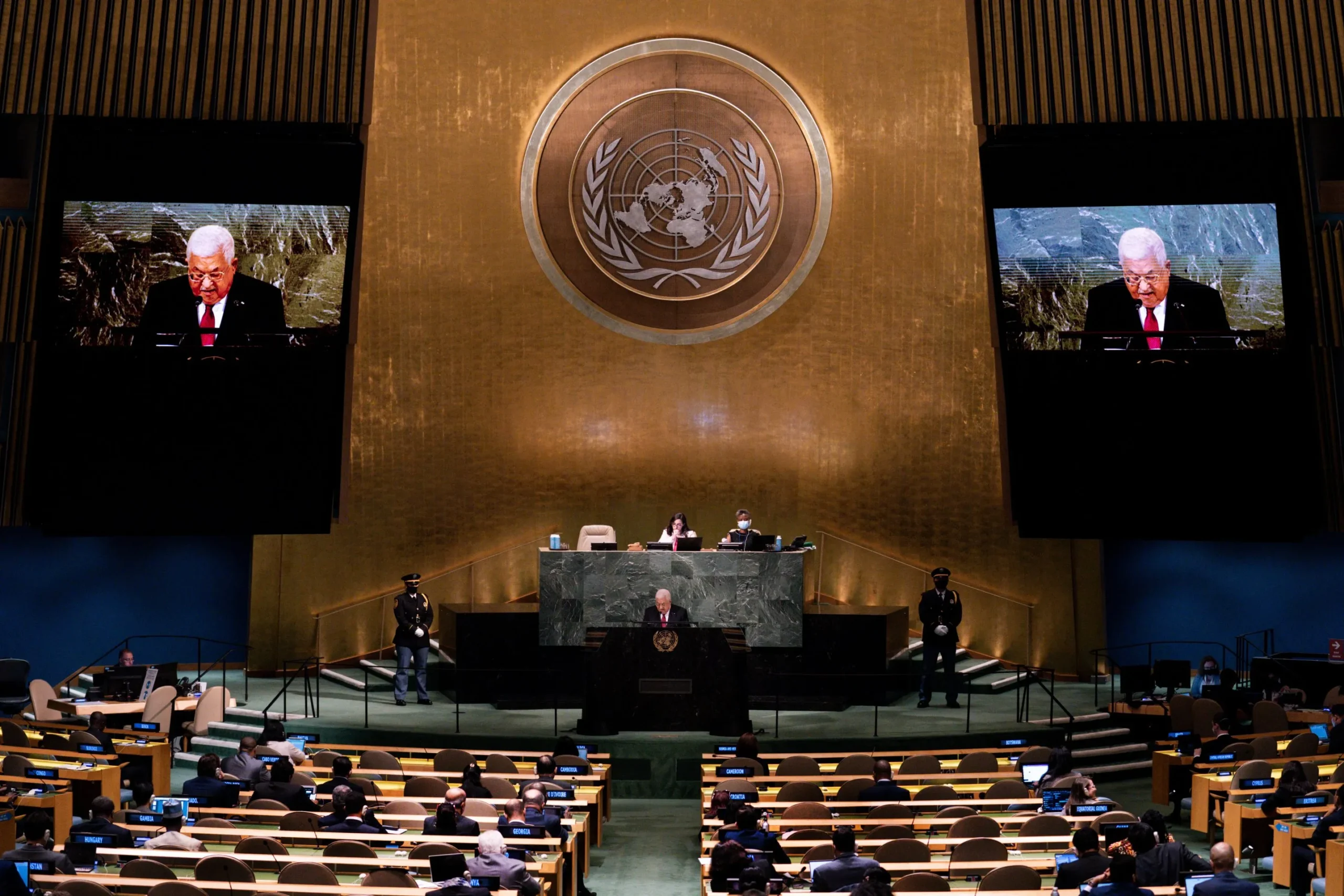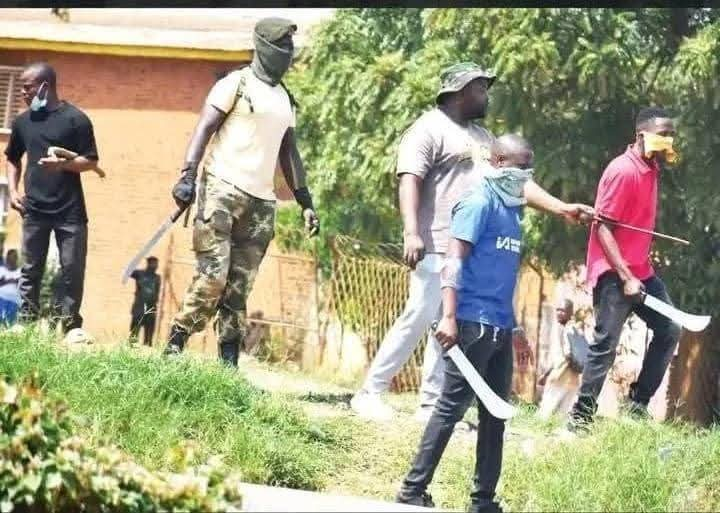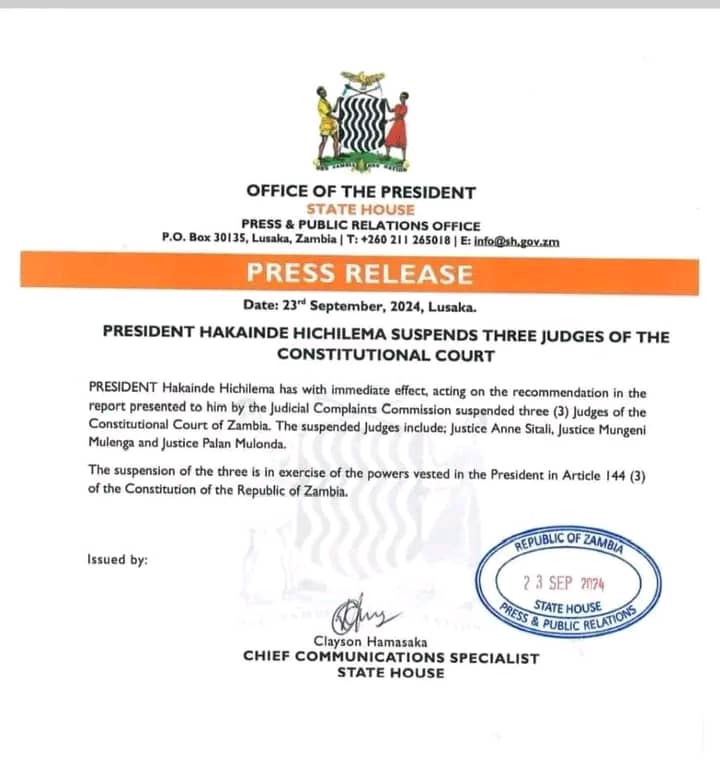By Burnett Munthali
In a landmark decision that has reverberated across Mozambique, the Constitutional Council, the top electoral court, has largely upheld the results of the country’s disputed October elections, reinforcing the longstanding hold of the ruling Frelimo party on power. This ruling has sparked fears of continued unrest in a nation already grappling with weeks of deadly protests, leaving a nation of 34 million people on edge.
On Monday, judges of the Constitutional Council declared that Daniel Chapo, the Frelimo candidate, would indeed assume the presidency, confirming his victory with 65 percent of the vote. This was a revision from an earlier tally of 70 percent, which had raised doubts about the credibility of the electoral process. In response to a legal challenge, the court also adjusted the results for the opposition, granting Venancio Mondlane, the leading challenger, four additional percentage points, bringing his share to 24 percent. While this ruling offered some concessions to the opposition, it did little to mollify Mondlane’s supporters, who had contested the legitimacy of Frelimo’s dominance in the political sphere.
Venancio Mondlane, a firebrand opposition leader, has consistently refused to accept the election results, claiming that he was the true winner of the presidential race. Mondlane, whose support base is largely composed of disillusioned youth, had warned of “chaos” should Frelimo’s victory be affirmed. His calls for civil disobedience have led to an intensification of protests across the country, with demonstrators taking to the streets in large numbers to express their frustration. Despite the ruling, Mondlane remains steadfast in his belief that the electoral process was marred by fraud and manipulation, and he has urged his supporters to “shut down” the country in the wake of the court’s decision.
The tensions surrounding the ruling have only fueled the anger of Mondlane’s supporters, many of whom feel marginalized and disenfranchised by the Frelimo-led government. The government’s crackdown on protesters has escalated the violence, as opposition demonstrators have faced gunfire from security forces. In the wake of these protests, Mozambique has experienced a rising death toll, with reports of at least 30 people killed in clashes between demonstrators and the police. The situation has quickly devolved into a volatile political crisis, and many fear that further violence could tear at the social fabric of the nation.
Mozambique has been politically unstable for much of its post-independence history. The Frelimo party, which has been in power since the country’s independence from Portugal in 1975, has maintained a tight grip on the political landscape. The party’s dominance, however, has been challenged in recent years by opposition groups that accuse the government of electoral fraud, corruption, and authoritarianism.
The violence that has erupted in the wake of the October elections is not an isolated incident. It follows years of growing discontent among the population, particularly the youth, who feel that the promises of democratic reform and economic opportunity have not materialized. The country’s young population, in particular, has become a major source of opposition activism, frustrated by high unemployment, poverty, and a lack of political representation.
In this context, the recent protests are a symptom of deeper, long-standing issues within Mozambique’s political system. Mondlane’s supporters are not just contesting a single election result—they are challenging a political order that they believe has perpetuated inequality and injustice for decades. The court’s decision, while legally binding, has done little to address these underlying grievances.
As Mozambique enters a potentially more volatile phase, the country’s future remains uncertain. The deadly clashes between protesters and security forces have underscored the deepening rift between the government and large sections of the population. Many fear that the ruling party’s continued stranglehold on power will lead to further instability and violence, as opposition forces may continue to challenge the legitimacy of the election results and the government’s authority.
The escalating situation has prompted calls for international intervention, with human rights organizations urging the government to engage in dialogue with the opposition and to respect the rights of those protesting peacefully. However, given the entrenched political divisions and the government’s historical reluctance to engage with opposition forces, it remains unclear whether such a path is viable.
For now, Mozambique’s streets remain filled with protesters, and the country is bracing itself for more unrest. The Constitutional Council’s ruling has confirmed the Frelimo party’s hold on power for the time being, but the broader question remains: can Mozambique find a way to resolve its political crisis without further bloodshed? The answer may lie in the government’s willingness to address the concerns of its people—especially the millions of young Mozambicans who feel their voices are not being heard. As the country continues to grapple with its political future, the risk of further violence remains high, and the world will be watching to see if peace can be restored or if Mozambique will descend further into chaos.



